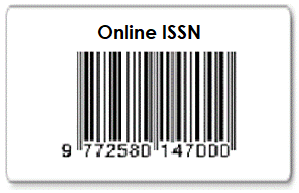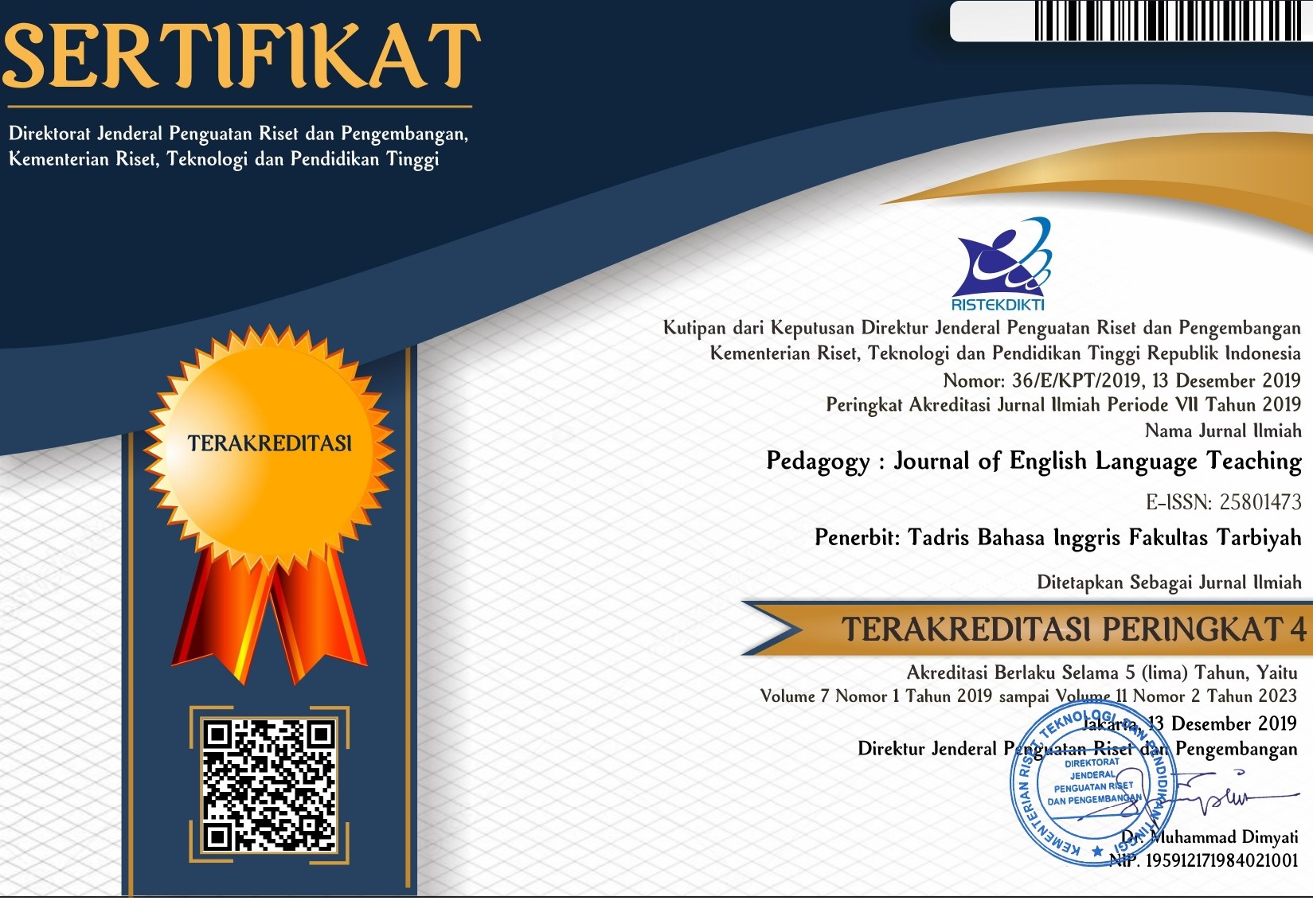Jigsaw Strategy for Cooperative Learning in an English Reading Class: Teacher’s and Students’ Beliefs
DOI:
https://doi.org/10.32332/pedagogy.v8i2.2274Keywords:
Cooperative Learning, Jigsaw Strategy, Students’ Beliefs, Teacher’s Beliefs, Thematic AnalysisAbstract
The study investigated teacher’s and students’ beliefs on jigsaw learning activities for cooperative learning. It was conducted to fill the void in the literature on jigsaw in the second language (L2) instruction seen from teachers’ and students’ beliefs. Twenty-four students of the English Language Education Department taking Intensive Reading class and the class teacher were involved in this study, employing observation and semi-structured interviews, the data of which were analyzed using Thematic Analysis. It found that even though the jigsaw learning activities seemed to be successful, the phenomenon was not that straightforward as several students reported that they did not optimally show their best efforts in learning independently before class and did not optimally contribute to the discussions either. The study also found three themes related to teacher’s and students’ views on the implementation of the jigsaw. The students’ pre-college learning experiences as passive learners negatively affected the quality of jigsaw conducted in the class. Though jigsaw being reported to be helpful, jigsaw’s success heavily depended on individual student’s performance and contribution. Despite the students’ limitations, teachers’ expectations towards the students motivated students to stretch their limits and perform better. Based on the findings, contribution, regulations, and suggested future studies are stated.
















